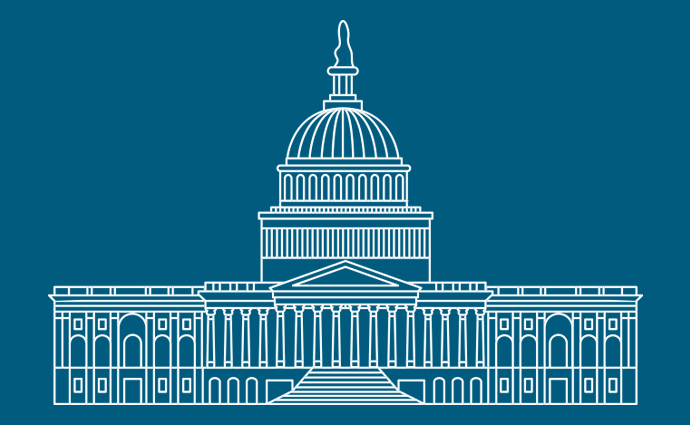CMS Proposed Rule Cuts State Authority to Divert Medicaid Payments
A proposed rule from CMS aims to eliminate a state’s authority to divert Medicaid payment so that providers are guaranteed payments needed to provide care services.

Source: Thinkstock
- CMS has proposed a new rule that would eliminate a state’s authority to divert Medicaid payments away from providers. The rule is intended to ensure beneficiaries have adequate access to healthcare services through direct state-to-provider payments.
In 2014, CMS allowed state governments to divert Medicaid payments from providers to specific third parties, such as in-home personal care workers. States can also divert provider payments related to court-ordered wage holdings, child support orders, and other state-issued legal judgements.
The new rule would suspend this policy. CMS believes providers were either unfairly punished or were completely blindsided by unfamiliar payment diversion rules. The agency also believes that the payment diversions violated a part of the Social Security Act which guarantees states can only make Medicaid payments to providers.
“This proposed rule is intended to ensure that providers receive their complete payment, and any circumstances in which a state does divert part of a provider’s payment must be clearly allowed under the law,” said Tim Hill, Acting Director for the Center for Medicaid and CHIP Services.
The agency will seek a regulatory impact analysis (RIA) as required by law, since the rule could affect the US economy in excess of $100 million. In one example, CMS estimates that home healthcare workers may collect upwards of $71 million in union dues from diverted provider payments.
Medicaid spending in the US exceeds $500 billion, but CMS is still unsure how direct-to-provider payments would impact the majority of Medicaid stakeholders.
“The potential direct financial impact to providers of this policy change could be affected by many factors, such as the nature and amounts of the types of payments currently being reassigned and decisions made by homecare providers after a final policy takes effect about whether or not to resume payments to third parties for these types of benefits,” CMS said.
“The Department [HHS] is unable to quantify these direct financial impacts in the absence of specific information about the types and amount of payments being reassigned.”
Currently, CMS is seeking stakeholder comments about new processes or procedures that can improve payment allocation across the Medicaid program.
“We seek comments regarding how we might provide further clarification on the types of payment arrangements that would be permissible assignments of Medicaid payments, such as arrangements where a state government withholds payments under a valid assignment,” CMS said. “Specifically, we invite comments with examples of payment withholding agreements between states and providers that we should address.”
Health plan experts, providers, and actuaries can submit comments through http://www.regulations.gov/ and by direct or overnight mail.
